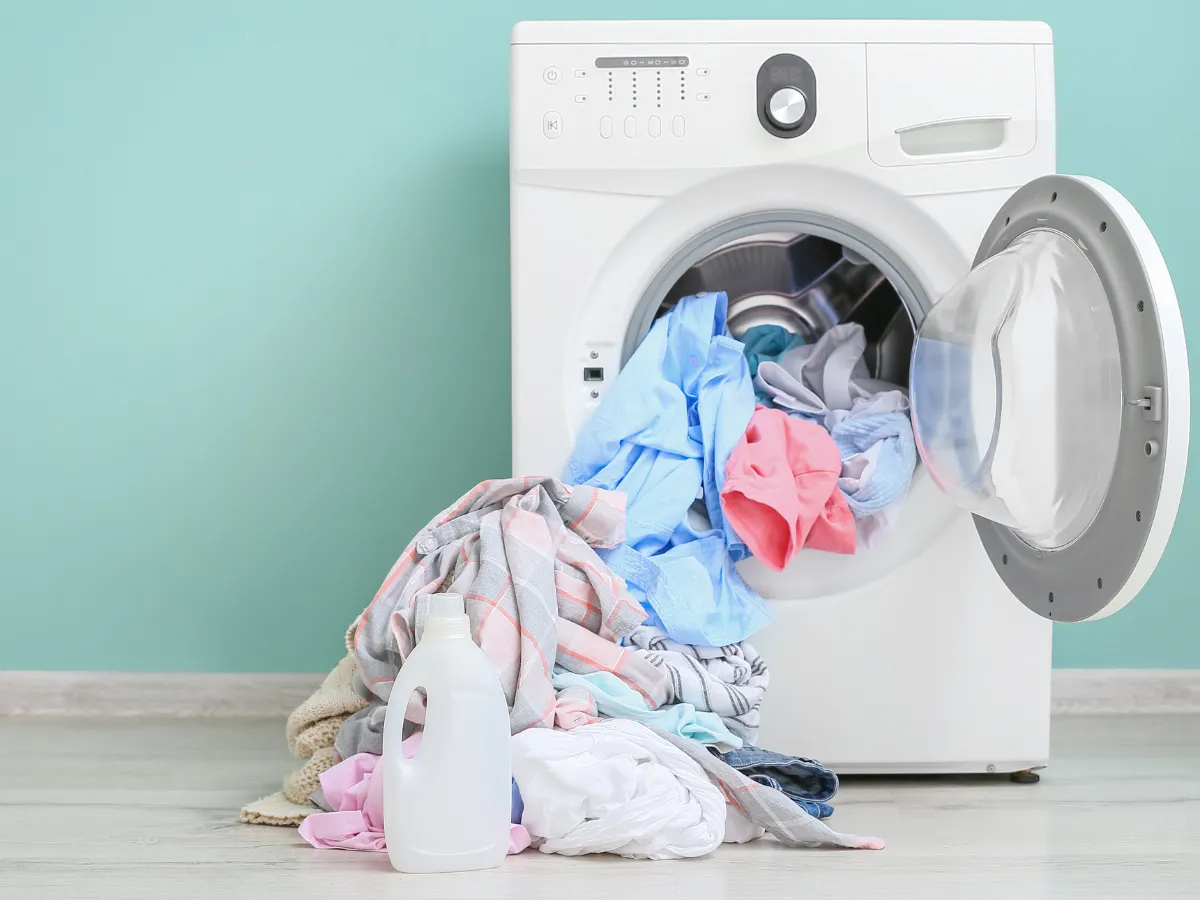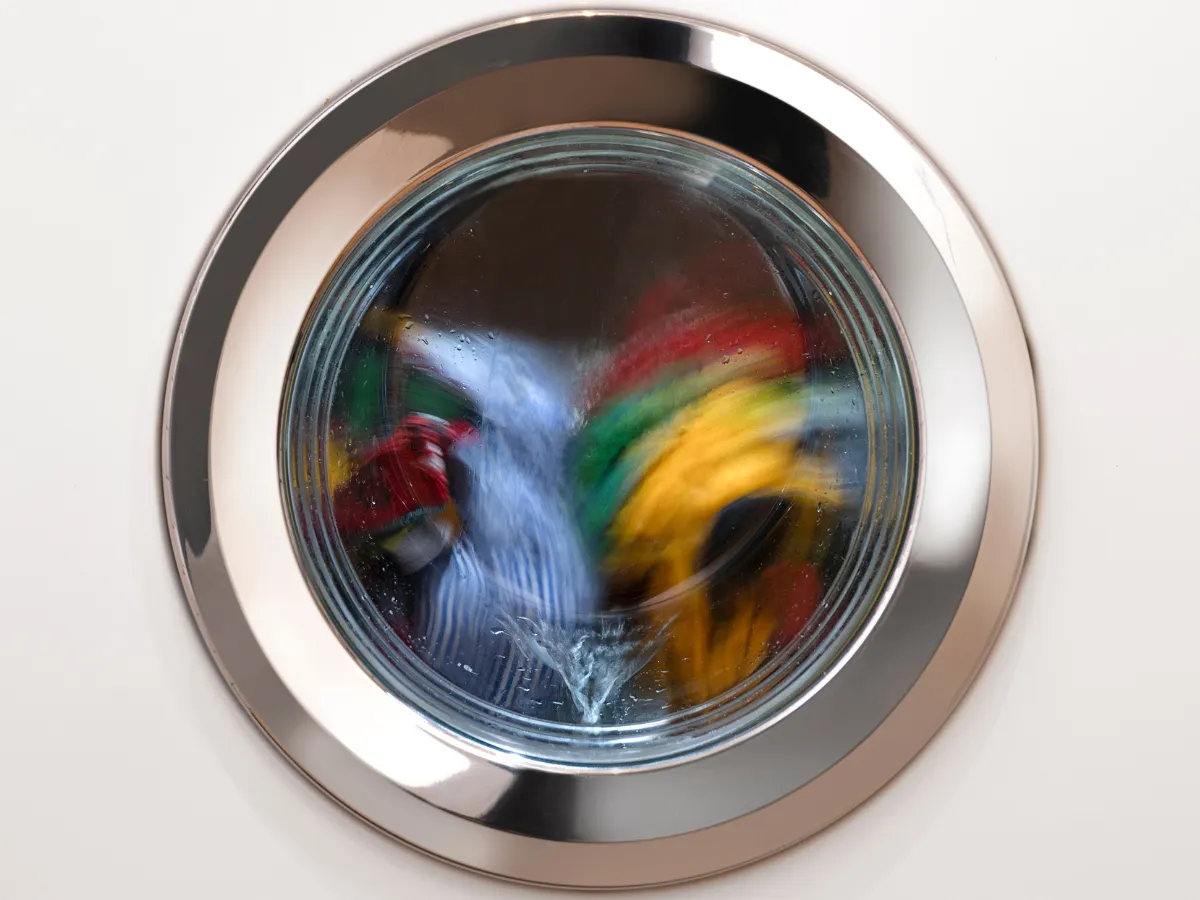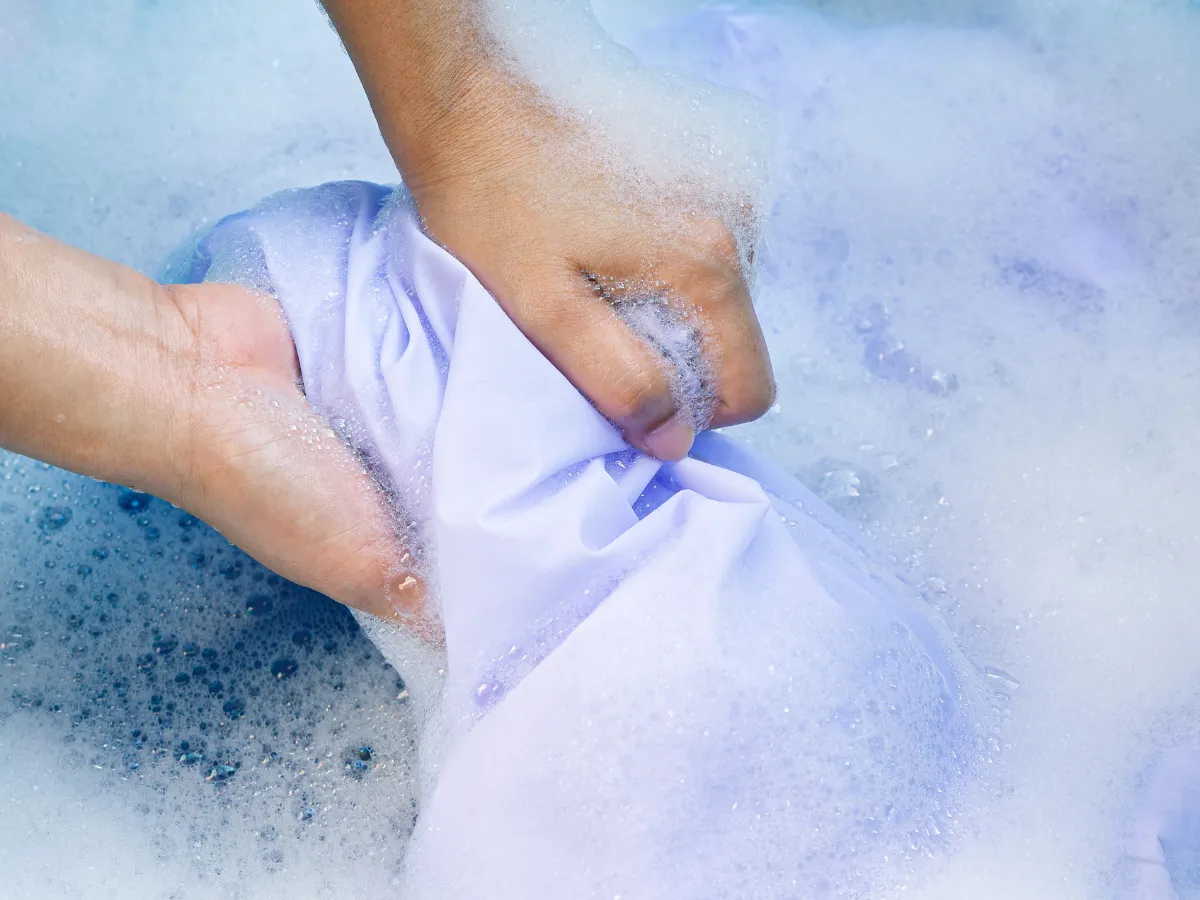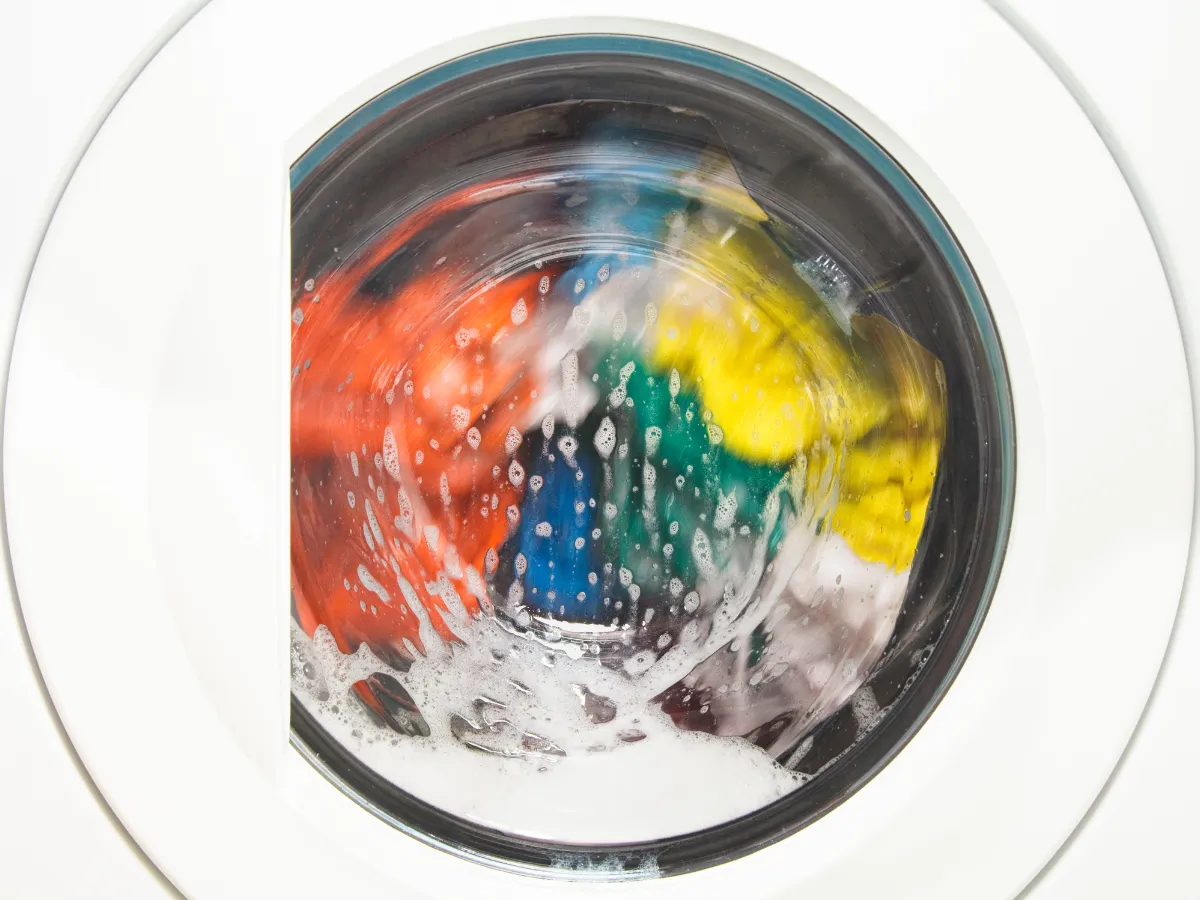How Much Does a Washing Machine Consume? Discover the Real Cost and How to Save

In a world where energy efficiency and saving on bills are increasingly important, understanding the consumption of our appliances is fundamental. The washing machine, present in almost every home, is one of the most frequently used appliances and, therefore, one that can significantly impact our electricity and water expenses. But do you really know how much a washing machine consumes per cycle? What factors drive up its consumption, and how can we reduce it?
If you've ever wondered how much it costs to run your washer, how many kWh it uses, or how to choose an efficient model, this guide is for you. We'll break down the energy and water consumption of a washing machine, analyze the key determining factors, and give you practical tips to optimize its use and save money while caring for the planet.
Understanding the Numbers: kWh, Watts, Euros, and Water
To discuss consumption, we need to understand the units:
- Kilowatt-hour (kWh): This is the standard unit for measuring electrical energy consumption over time. It's what you'll see reflected on your electricity bill. A washing machine consumes a certain amount of kWh for each complete wash cycle.
- Watt (W) or Kilowatt (kW): Measures the instantaneous power an appliance needs to operate at a given moment. A washer doesn't consume the same power constantly (it uses a lot when heating water, less when spinning). Therefore, asking "how many watts does a washer consume per hour" isn't as useful as knowing the kWh per cycle.
- Euros (€) / Dollars ($) / etc.: To know how much a wash costs you, multiply the kWh consumed in that cycle by the price per kWh on your electricity contract (this price varies greatly).
- Liters (L) / Gallons (Gal): It doesn't just consume electricity, but water too! A modern washer might use between 40 and 65 liters (10-17 gallons) per standard cycle, though older models or specific cycles can use much more.
What's the Average Consumption of a Washing Machine?
It's hard to give an exact figure, as it depends heavily on the factors discussed below, but we can talk about average ranges:
- Electricity Consumption per Cycle: A standard washer might consume between 0.5 kWh and up to 1.5 kWh or even more per normal cycle. The most efficient models (old A+++, current A/B) can drop below 0.5 kWh on ECO programs.
- Estimated Annual Consumption: It's estimated that a washing machine can consume around 240-260 kWh per year on average, representing a significant percentage of a household's total electricity consumption.
- Estimated Annual Cost: Multiplying the annual consumption by the average price per kWh, the cost can range from €40/$45 to over €70/$80 per year, just for electricity.
The Consumption Villains: Factors That Drive Up Costs
Not all washing machines or all washes consume the same. These are the key factors:
- Water Temperature!: This is the most decisive factor for electricity consumption. Heating water requires a lot of energy.
- Washing in cold (20-30°C / 68-86°F) uses very little extra energy (only what's needed to turn the drum and pump).
- Washing at 40°C (104°F) already involves considerable energy use for water heating.
- Washing at 60°C (140°F) or 90°C (194°F) (necessary to disinfect sturdy white clothes) skyrockets consumption, potentially doubling or tripling the cost of a cold cycle.
- Appliance Energy Efficiency: The famous energy label is crucial.
- New Label (A-G): The most efficient washers are class A, followed by B, C, etc. An A-rated washer consumes significantly less (up to 50% or more) than an F or G for the same job.
- Old Label (A+++ to D): If you have an older washer, A+++ was the most efficient.
- Check our guide on energy ratings to understand them better.
- Selected Wash Program:
- ECO Programs: Although longer, they are designed to optimize water and energy use. They heat water more slowly or use lower temperatures, compensating with longer soaking and mechanical action. They are usually the most efficient.
- Short/Quick Programs: Be careful! They often consume MORE energy than a normal or ECO cycle because they need to heat the water very quickly to shorten the time. Useful for lightly soiled clothes, but not for energy saving.
- Intensive/Long Cotton Programs: Consume more due to their duration and, if they use high temperatures, the cost increases.
- Prewash: Adding the prewash increases water and energy consumption; use it only when essential.
- Load Size:
- Full Loads = More Efficiency (per kg): Washing a full load makes better use of the machine's capacity, water, and energy used per garment.
- Half Load: Many washers have half-load programs that adjust consumption, but they usually don't reduce it by half. It's still more efficient to wait for a full load.
- Washer Capacity: A 10kg washer will consume more in absolute terms per cycle than a 7kg one, but if it allows you to do fewer washes per week, it might be more efficient overall.
- Spin Speed (RPM): A faster spin cycle uses slightly more electricity during that final phase. However, note that it leaves clothes much drier, which drastically reduces the time and energy needed for subsequent drying (especially if using a dryer). Therefore, a high spin speed is often energetically beneficial in the overall wash+dry calculation.
- Age and Maintenance: Older washing machines are less efficient. Also, limescale buildup on the heating element or a dirty filter can make the machine work harder and consume more. Performing regular maintenance helps maintain efficiency.

Calculating Your Cost: A Quick Estimate
To get a rough idea of your consumption:
- Find kWh/cycle: Look at your washer's energy label (or manual). It will give the kWh consumption for a specific program (usually ECO 40-60).
- Check Your Bill: Find the price you pay per kWh of electricity (usually in €/kWh or $/kWh).
- Multiply: (kWh per cycle) x (Price $/kWh) = Cost per wash ($).
- Annual Estimate: (Cost per wash) x (Number of washes per week) x 52 weeks = Approximate annual cost.
Remember this is an estimate, as actual consumption varies with each program and temperature.
Save on Every Wash! Practical Tips
Reducing your washing machine's consumption is possible by following these tips:
- Wash Cold Whenever Possible: This is the single biggest energy saver. Most normally soiled clothes get perfectly clean at 20-30°C (68-86°F) with a good detergent. Reserve high temperatures only for very tough stains, heavily soiled items, or necessary disinfection.
- Use ECO Programs: Even though they take longer, they are optimized to use less water and energy.
- Fill the Washer (Without Overstuffing): Make the most of each cycle by washing full loads.
- Choose an Efficient Washer: If buying a new one, invest in a model with the best possible energy rating (A or B).
- Spin at Maximum (Allowed by Clothes): You'll drastically reduce subsequent drying time and cost.
- Keep Your Washer Clean: Clean the filter regularly and perform anti-limescale cleanings to keep it running efficiently.
- Use Off-Peak Hours: If you have time-of-use electricity rates, try to run the washer during the cheapest hours.
- Use a Self-Service Laundromat: For large loads or bulky items, using the efficient industrial machines at LaColada can be faster and consume less energy and water overall than doing multiple loads at home. Read more laundry energy saving tips here.
Also, washing effectively so clothes come out stain-free avoids repeat washes, saving energy too. If you struggle with stains, check our stain removal tips.
Frequently Asked Questions about Washer Consumption
How much does a washing machine use per wash?
Highly dependent on temperature and efficiency. Cold wash, less than 0.5 kWh. At 60°C (140°F), can exceed 1 kWh. Average between 0.5 and 1.5 kWh.
How much does a washing machine consume in an hour?
Not a useful measure. Consumption is measured per cycle (kWh). Instantaneous power varies greatly (high when heating, low when spinning).
How much does a washing machine cost in electricity money?
Multiply your washer's kWh/cycle by your electricity price (€/kWh or $/kWh). Can range from a few cents (cold, ECO) to 20-30 cents or more (hot, long cycle).
How much does a washing machine consume at 60 degrees?
Consumes significantly more than cold, as heating water is the main energy use. Can be double or triple a 30°C (86°F) cycle, easily exceeding 1 kWh.
Understanding how much your washing machine consumes and what factors influence it is the first step towards more conscious and economical use. By applying simple changes to your habits, like prioritizing cold washes and full loads, you can achieve significant savings on your bills and contribute to a lower environmental impact, without sacrificing the cleanliness of your clothes!
Save Time and Energy with LaColada Ponferrada
Looking for the most efficient way to do your laundry? At LaColada Self-Service Laundry Ponferrada, our industrial machines are not only fast but also energy efficient. Wash large quantities of clothes at once in our high-capacity machines and dry them in minutes with our powerful dryers. Optimize your time and reduce your energy consumption by using our services!
Wash Efficiently at LaColada!
Sebastián R.
More than 10 years at the helm of Lacolada Lavanderia Autoservicio Ponferrada and repairing industrial and domestic machinery in my spare time. You won't find unverified theories from the internet here, just real solutions tested by someone who gets their hands dirty every day.
More Information About Your Washer

What is the Spin Cycle and What is it For?
Understand the key function of the spin cycle for drying.

How to Wash a Pillow Correctly (Machine & Hand)
Keep your pillows clean, fresh, and mite-free.

Prewash in Washing Machine: When and How to Use It?
Find out if you need and how to use the prewash cycle.